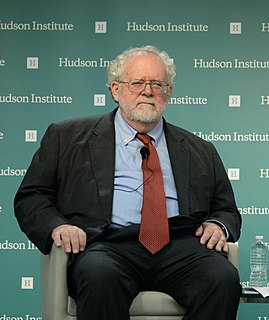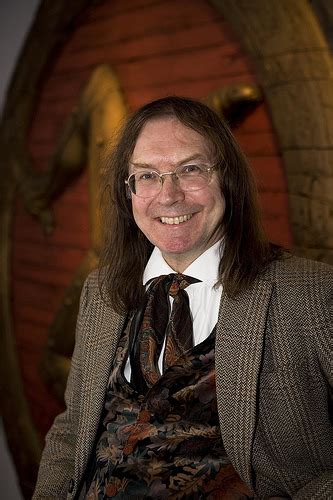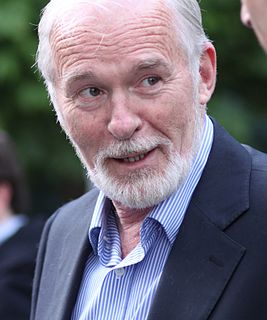A Quote by Walter Russell Mead
This very individualistic form of Protestant Christianity that became so basic in English and then American life is to a large degree responsible for the historical success of Britain and America.
Related Quotes
What is unique about Drogheda is the very large number of Protestants in the garrison and the fact that it's commanded, by and large, by Englishmen, who have come over from the English Civil War and are fighting in Ireland, and Cromwell is extraordinarily savage against these... Drogheda, after all, was a Protestant
America became a great civilization thanks to a culture based on the value of having to earn almost everything an American got in life. As it abandons this value, it will become a mediocre civilization. And eventually it will not be America. It will be a large Sweden, and just as influential as the smaller one.
As a historian of American and African-American religion, I know that the Trayvon Martin moment is just one moment in a history of racism in America that, in large part, has its underpinnings in Christianity and its history. Those of us who teach American Religion have a responsibility to tell all of the story, not just the nice touchy-feely parts.
Every civil government is based upon some religion or philosophy of life. Education in a nation will propagate the religion of that nation. In America, the foundational religion was Christianity. And it was sown in the hearts of Americans through the home and private and public schools for centuries. Our liberty, growth, and prosperity was the result of a Biblical philosophy of life. Our continued freedom and success is dependent on our educating the youth of America in the principles of Christianity.
But this is predicated upon the man's becoming in very fact an American and nothing but an American. If he tries to keep segregated with men of his own origin and separated from the rest of America, then he isn't doing his part as an American. There can be no divided allegiance here. . . We have room for but one language here, and that is the English language, for we intend to see that the crucible turns our people out as Americans, of American nationality, and not as dwellers in a polyglot boarding-house; and we have room for but one soul loyalty, and that is loyalty to the American people.
I can hardly believe that I even know this, but I am aware that Noah Webster's original dictionary, apart from being the first truly American lexicography, was a kind of line in the sand. It claimed a very discrete, American form of the English language, explicitly to compare it to the English of our erstwhile colonial masters who had been operating under Dr. Johnson's dictionary rules for well over a century.




































